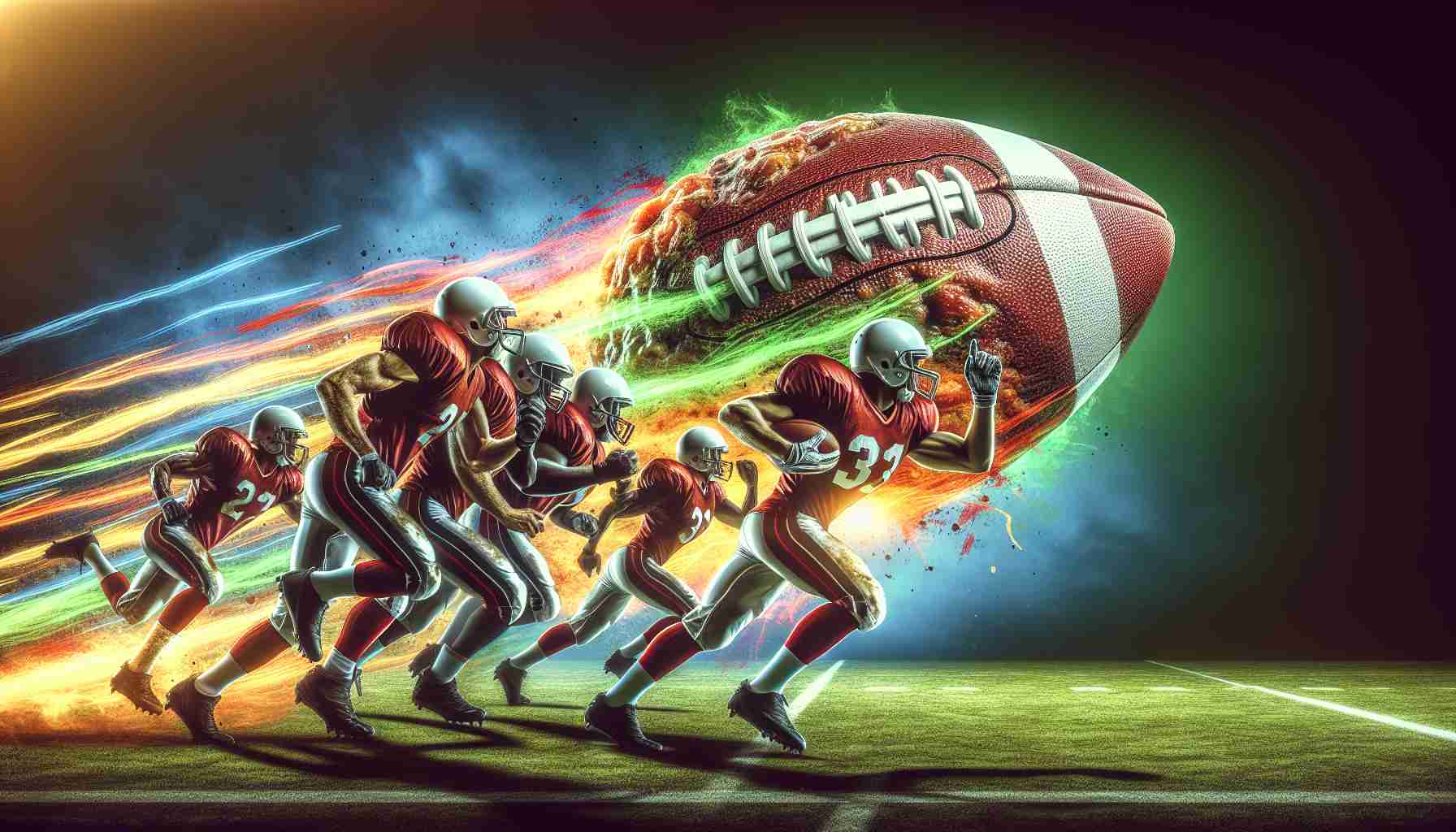- Kansas City Chiefs’ defensive star Chris Jones follows a unique pre-game ritual of eating homemade meatballs made by Maria Spagnuolo, the defensive coordinator’s wife.
- This tradition began after the Chiefs’ 2019 Super Bowl victory and has become a staple in their championship preparations.
- Jones believes in the power of rituals, similar to his superstitions with not changing gloves during a successful 2018 sack streak.
- The meatballs are seen as a talisman, providing assurance and confidence before big games.
- The ritual signifies hope and determination for the team and fans, highlighting how small comforts can impact performance.
As Kansas City gears up for yet another Super Bowl showdown, a peculiar pre-game ritual takes center stage. Amid the roar of fans and the tension of the impending clash, Chris Jones, the Chiefs’ defensive stalwart, prepares in a unique way—by savoring homemade meatballs, courtesy of the defensive coordinator’s wife, Maria Spagnuolo.
Jones, a titan on the defensive line, has become synonymous with game-changing plays that leave opponents in awe. Expansive stadiums filled with electrifying energy are no match for Jones, as long as he’s fortified by his beloved meatballs. This tradition, now woven into the fabric of the Chiefs’ Super Bowl lore, began following their triumphant victory in 2019 and has remained steadfast through each successive journey to the championship.
Jones’ deep-seated superstitions resonate with many who understand the clutch power of rituals. Much like the gloves he refused to change during a remarkable 2018 sack streak, which remained despite their unpleasant aroma, these meatballs anchor him in a way statistics cannot quantify. They’re not just sustenance; they are a talisman, an assurance that he can rise to meet the challenge that lies ahead.
On the eve of battle, reports confirm the arrival of Jones’ taste of victory—Mrs. Spagnuolo’s culinary creation. For Chiefs fans and teammates alike, this signals more than gastronomic fulfillment; it’s the harbinger of hope and determination. As the world watches, all eyes are on Jones, fortified by his trusty meatballs, ready to seize the field and make history once more. In the world of football triumphs, sometimes, it’s the smallest comforts that wield the greatest power.
Kansas City’s Spirited Traditions: The Meatball Ritual Propelling the Chiefs to Victory
As Kansas City prepares for another electrifying Super Bowl clash, one intriguing pre-game ritual stands out. Chris Jones, the Kansas City Chiefs’ formidable defensive force, relies on a unique pre-game tradition—indulging in homemade meatballs made by Maria Spagnuolo, the defensive coordinator’s wife. This quirky ritual has become an integral part of the Chiefs’ superstition-laden lore since their victorious 2019 championship.
Jones has made a name with his game-altering plays, consistently defending the team with unmatched prowess. The recipe for his success seems to be more than just skill and preparation; it involves these cherished meatballs. What started as a simple meal has now become a symbol of strength and consistency for Jones and the Chiefs. His rituals resonate with sports enthusiasts who appreciate the psychological and emotional anchors athletes rely on.
But what else is happening in the world of sports rituals, and how do such superstitions affect players and fans alike?
The Power of Rituals in Sports
Sports rituals are a common practice among athletes across various disciplines. These rituals range from specific meals, clothing choices, music playlists, or even quirky habits before games. Renowned basketball player Michael Jordan famously wore his college shorts under his Chicago Bulls uniform for good luck, while tennis champion Rafael Nadal meticulously positions his water bottles during matches.
These rituals are more than mere habits; they serve as comfort zones that alleviate pressure by providing athletes a sense of control in chaotic, unpredictable environments. Psychological studies highlight how rituals can enhance performance by reducing anxiety and building confidence, fostering a mindset where players feel ready to tackle challenges.
Chris Jones and the Kansas City Chiefs
Chris Jones’ reliance on Mrs. Spagnuolo’s meatballs underscores the significance of these rituals. It has now become a hallmark of the Chiefs’ championship campaigns, marking Jones as a focal point for fans and teammates and serving as an emblem of hope and collective strength.
How This Affects Communities and Fans
Super Bowl traditions and rituals affect not just the players but unite fans and communities in shared anticipation and unity. Kansas City fans rally around these stories, and Jones’ meatball ritual encapsulates the spirit of fandom and its influence on team morale. It provides a narrative that transcends the sport itself, binding individuals through shared beliefs and superstitions.
Global and Cultural Perspective
Around the world, sports rituals reflect broader cultural beliefs and practices. In countries such as Japan, the sumo wrestlers’ salt purification ritual before entering the ring is an ancient tradition rooted in Shinto beliefs. These customs reflect diverse cultural attitudes toward preparation and competition.
Conclusion and Future Outlook
The exploration of sports rituals, like that of Chris Jones and his beloved meatballs, offers a glimpse into the deeper psychological and cultural dimensions of sports. As Kansas City supporters cheer on their team, such traditions remind us of the powerful intersections of community, identity, and tradition that shape the world of sports.
For more details on sports rituals and psychological insights, visit Psychology Today or explore the history and influence of sports traditions on ESPN.
